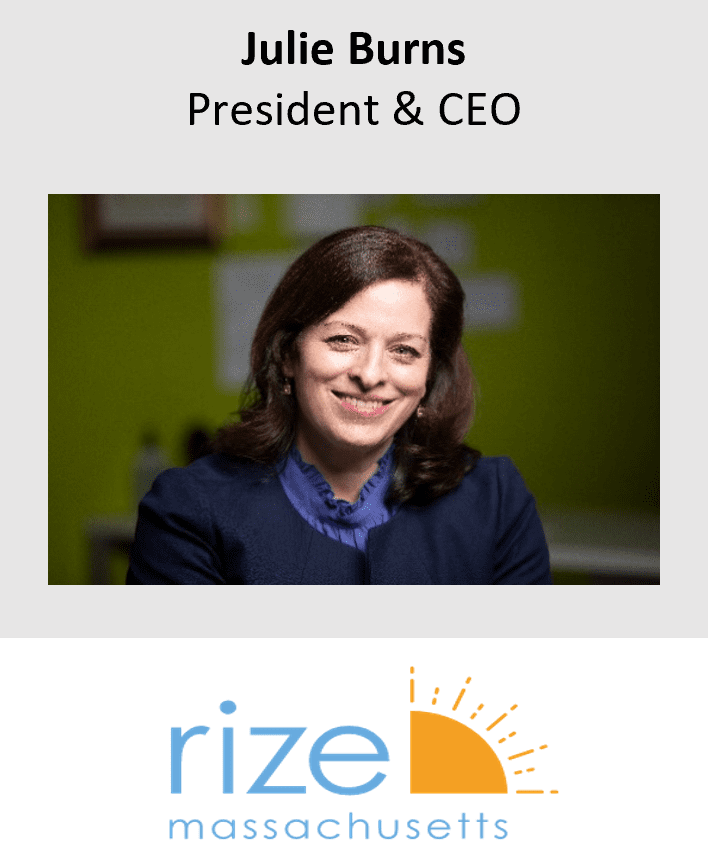Your Rights in Recovery
Edited by Samantha Morton – CEO, MLPB
October 27, 2021

Samantha: The idea that understanding one’s legal rights is critical to achieving OUD treatment and recovery goals isn’t intuitive for everyone. How did this become clear to you?
- Julie: As part of our Together in Recovery initiative, we organized a series of dialogue meetings during fall 2019 to connect stakeholders and listen to their experiences, ideas, and challenges. Many people reported struggling to respond to the overdose crisis with varying levels of access to information and resources. A common theme was the impact that criminal system involvement has on people – especially in BIPOC communities — who use drugs and want to pursue treatment and recovery. When living with OUD and criminal legal system involvement are compounded by homelessness and lack of income, learning and exercising one’s legal rights can be infeasible. Your Rights in Recovery is a step toward putting individuals in the driver’s seat with respect to their treatment options and life goals.
Samantha: What mattered most when designing Your Rights in Recovery?
- Julie: We are particularly proud of the level of community and stakeholder engagement on this project. A RIZE advisory group, called the Together in Recovery Advisory Committee (TRAC), was engaged from the start, and still works with us today. TRAC is comprised of advocates, clinicians, public officials, and people with lived experience who helped design the toolkit for individuals with OUD and their allies. Throughout development, we conducted prototype “user testing” through the state’s Helpline, allowing hundreds of people with lived experience to weigh in on design. We also benefited from vetting through the Massachusetts Organization for Addiction Recovery (MOAR) and RIZE’s own stakeholder network.
Samantha: What about the Toolkit’s next chapter are you most excited about?
- Julie: We are excited about the Toolkit evolving and expanding as the needs of people who are experiencing OUD change. Our TRAC members are a diverse group of individuals living and working in this space every day. Their contributions to the Toolkit are invaluable and allow for it to be a document that is constantly being updated to reflect that needs people have now. Our partnership with MLPB is an example of that. Having legal information promotes access to basic needs like housing, food security, healthcare and family stability and most definitely will help support people’ recovery.
